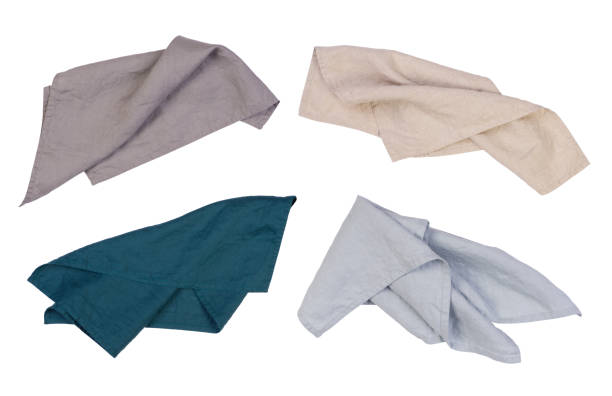|
|
|
|
|
Creation date: May 21, 2023 1:38am Last modified date: May 21, 2023 1:38am Last visit date: Apr 8, 2025 9:06am
1 / 20 posts
May 21, 2023 ( 1 post ) 5/21/2023
1:38am
Kristie Vanhoy (kristievanhoy)
A clean and hygienic kitchen is essential for a healthy home, and one often overlooked item that can harbor germs is the humble kitchen towel. Whether used for wiping hands, drying dishes, or cleaning surfaces, kitchen towels come into contact with various contaminants. Proper care and maintenance are crucial to prevent the growth and spread of harmful bacteria. In this comprehensive guide, we'll provide expert advice on keeping your kitchen towels germ-free. Follow these tips and enjoy a pristine, healthy kitchen environment.
1. Understanding the Importance of Clean Kitchen Towels Kitchen towels play a crucial role in our daily kitchen activities, absorbing moisture and helping us maintain cleanliness. However, they can become a breeding ground for bacteria if not handled properly. Harmful microorganisms, including E. coli and salmonella, can thrive on damp surfaces, potentially causing foodborne illnesses. By prioritizing clean kitchen towels, you ensure a healthier environment for your family. Absorb lumen is the best platform to get kitchen towels at a lower rate.
2. Washing Kitchen Towels: Best Practices for Effective Cleaning Regular washing is the foundation of maintaining germ-free kitchen towels. Here are some expert tips to ensure optimal cleanliness:
3. Drying Kitchen Towels: Techniques for Optimal Hygiene Proper drying methods are essential to inhibit bacterial growth. Consider the following techniques to ensure your kitchen towels are optimally dried:
4. Avoiding Cross-Contamination: Separate Towels for Different Tasks To prevent cross-contamination and the spread of bacteria, it's essential to use separate towels for different tasks. Follow these guidelines:
5. Natural Remedies for Enhanced Disinfection In addition to regular washing and drying, you can incorporate natural remedies to enhance the disinfection of your kitchen towels. Here are a few effective options:
6. Frequently Asked Questions (FAQs) Q1: How often should I replace my kitchen towels? Kitchen towels should be replaced every few months or sooner if they show signs of wear and tear, staining, or an unpleasant odor. Q2: Can I use kitchen towels to wipe up raw meat juices? It is not recommended to use kitchen towels to clean up raw meat juices. Disposable paper towels or designated cleaning cloths should be used for such tasks to minimize the risk of cross-contamination. Q3: Are microfiber towels more hygienic than regular kitchen towels? Microfiber towels have a tighter weave and can be more effective in trapping and removing bacteria. However, proper washing and drying techniques are still crucial to maintain their hygiene. Q4: How can I sanitize kitchen towels without using harsh chemicals? Apart from the natural remedies mentioned earlier, you can also sanitize kitchen towels by soaking them in a mixture of hot water and hydrogen peroxide for 15-20 minutes before washing. Q5: Should I use color-coded kitchen towels? Color-coded kitchen towels can be a helpful strategy to prevent cross-contamination. Assign different colors to specific tasks, such as red for meat, blue for cleaning, and green for produce, to ensure proper separation.
Conclusion Maintaining germ-free kitchen towels is a vital aspect of a clean and healthy kitchen. By following the expert tips outlined in this comprehensive guide, you can ensure that your kitchen towels remain free from harmful bacteria. Regular washing, proper drying techniques, and the use of natural remedies all contribute to a hygienic environment for you and your family. Implement these practices consistently, and enjoy a pristine kitchen that promotes both cleanliness and well-being.
|

